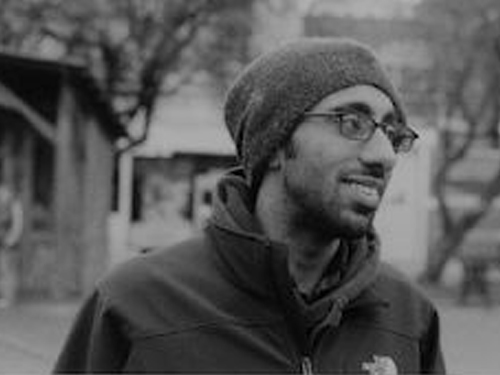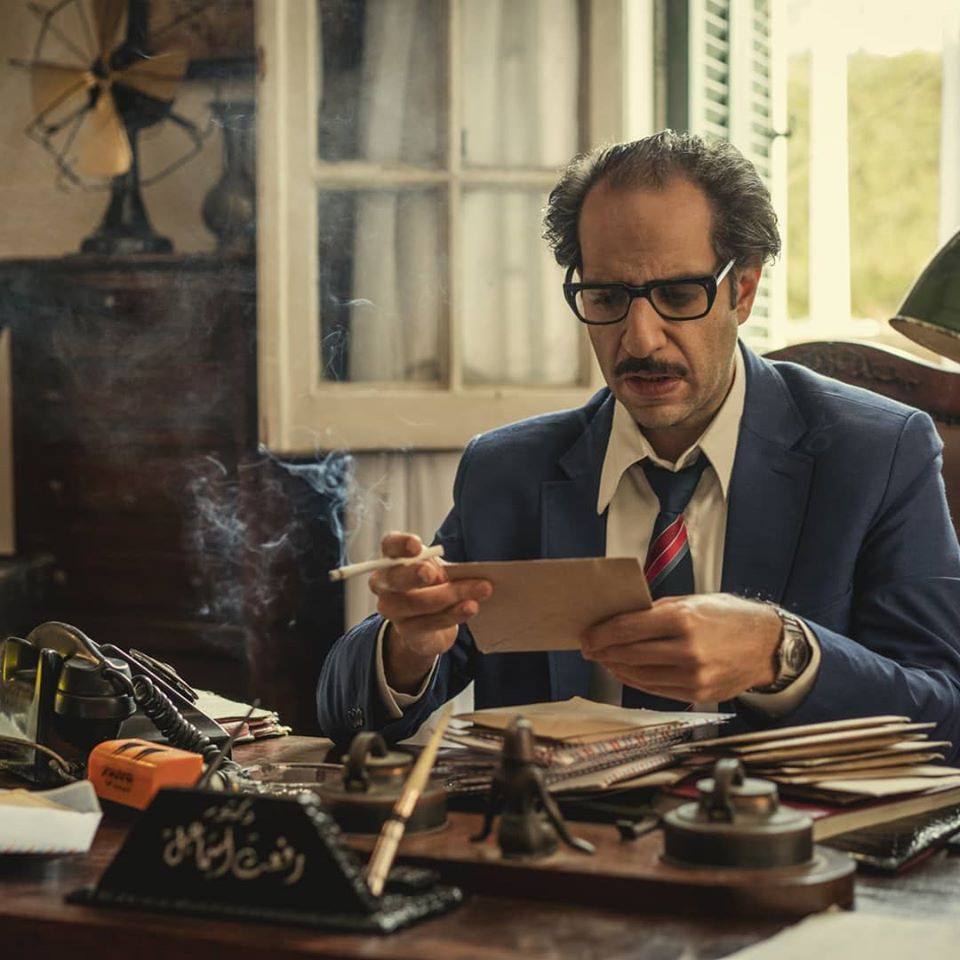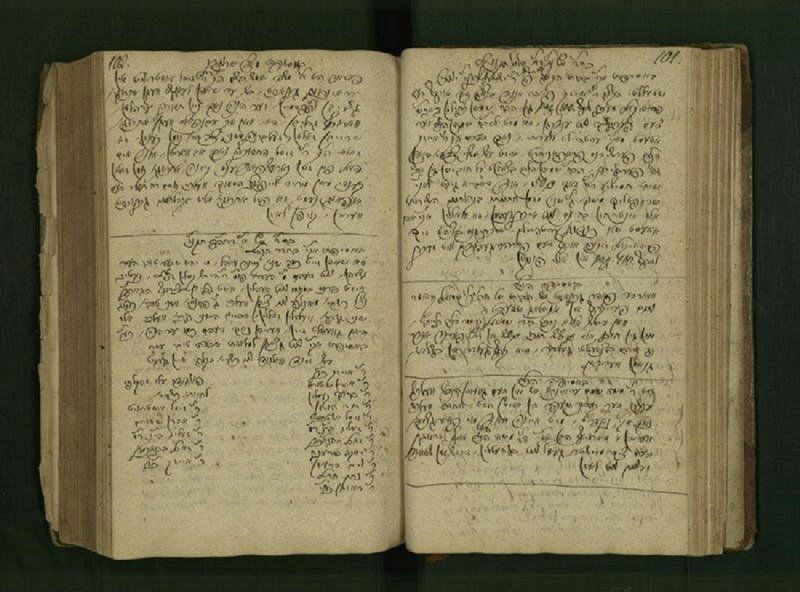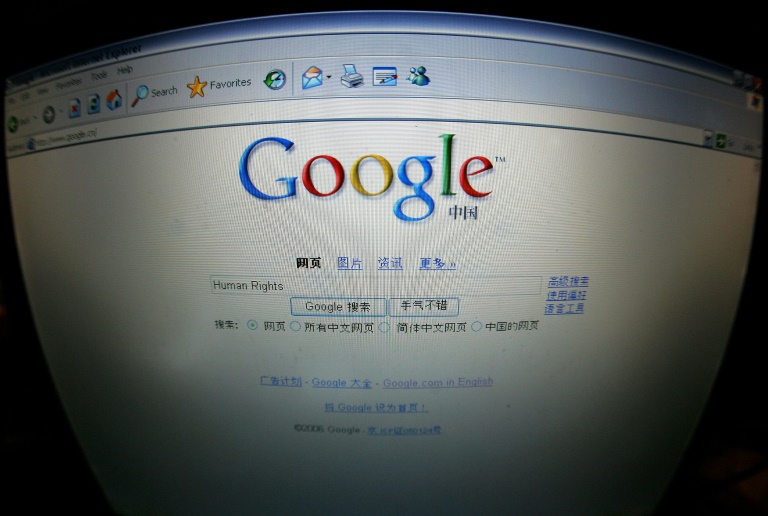
UPDATE: In consideration of the events happening in Egypt, the British Council announces the postponement of the Edinburgh World Writers’ Conference events, including the translation slam, scheduled to take place in Cairo on 7 and 8 December.
Usually, translators are expected to keep to literature’s shadows. Even the best are rarely famous, and, wherever a translator’s name appears on a book, it is in much smaller print than the author’s. After all, readers come to a book expecting to commune with Naguib Mahfouz, not Catherine Cobham. They are looking for the brilliant words of Jose Saramago, not Muhammad Habib.
But as part of the Edinburgh World Writers’ Conference, which comes to Cairo on 7 and 8 December, translators will step into the spotlight. That’s when the city’s set to host its first-ever “translation slam.”
The two-day World Writers Conference will be held at the British Council in Agouza and the Civic Center in on the Gezira. At its two headline events, poets Tamim al-Barghouti and Aonghas MacNeacail will debate the question “Should Literature Be Political?” and novelists Sahar El-Mougy and Maggie Gee look at “The Future of the Novel.”
But the conference doesn’t only spotlight authors. On the afternoon of 7 December, two translators will take the stage at the British Council. Here, they will do battle over an excerpt of Yusuf Abu Rayya’s not-yet-translated novel “Ashiq al-Hayy.”
One competitor is Adam Talib, translator of Mekkawi Said’s “Cairo Swan Song” and Khairy Shalaby’s “The Hashish Waiter,” among other works. The other is Randa Abu Bakr, who has published translations both from Arabic into English (Ahmad Bakhiet’s “Laila: The Honey of Solitude”) and from English into Arabic (Amy Tan’s “The Joy Luck Club”).
Both Talib and Abu Bakr admit that they don’t know quite what to expect from the event. But both have submitted their translations. And both will arrive prepared to defend their decisions.
“I think one clear achievement will be to put the focus on translators — for a change,” Talib said. He hoped that the event will “demonstrate the highly variable, individual, and experimental nature of translation. I hope that the audience will realize by the end of it that they’re reading Randa and Adam as much as they’re reading Yusuf Abu Rayya and that it’s nothing anyone should be ashamed of.”
Abu Bakr added that she thinks this event will be “a rare chance for those interested in translation to have an in-depth discussion about it.”
As members of the audience arrive on Friday, each will receive a slim booklet with copies of the original text as well the two translations. They’ll have a chance to read through and listen to each translator discuss the challenges that the excerpt presented. After this, the moderator will ask a few questions.
This is where the translators “test their linguistic mettle against each other in a duel to the translation death,” as PEN organizers have said of previous slams.
Moderating at the Cairo slam will be American University in Cairo Press editor Neil Hewison. He has previously translated Abu Rayya’s “Wedding Night,” and knows the challenges of his work. According to organizer Cathy Costain, Hewison “already has some discussion points in mind.” Among these are “the different translation challenges of ECA [Egyptian colloquial Arabic] vs. MSA [Modern Standard Arabic], to what extent should Arabic terms be left in the text,” and “is linguistic knowledge enough or does the translator need cultural knowledge?”
Once Hewison has exhausted the translators, audience members will have their chance to ask a few more questions, share opinions, and declare a favorite.
Costain isn’t expecting to have a winner at Friday’s event. She quoted Daniel Hahn, of the British Center for Literary Translation, who said that slam audiences find “it’s possible to have two really good, beautifully written, respectful translations which are just very different because they’re very different[.]”
Still, at past literary slams in the UK, US, and online, many audience members have gravitated toward one translation or the other.
Talib imagined that he and Abu Bakr would be judged by the audience based on their “fidelity — or rather our ability to approximate — ‘the ideal translation.’” But, he said, this ideal is something that “never existed and never will.”
“This ideal translation is like a noose draped gently over every translator’s neck,” Talib said.
Talib said that readers who come looking for an “ideal” don’t realize what freedom and fun that literary translators can have. He added: “I apologize in advance if anyone is surprised to discover it’s a little bit like making sausage!”
The British Council is located at 192 Al-Nil St. in Agouza, and the translation slam will begin at 3:30 pm. The discussion on “The Future of the Novel” will be on Saturday, 8 December at 1:30 pm and “Should Literature Be Political?” is scheduled for 4 pm.





